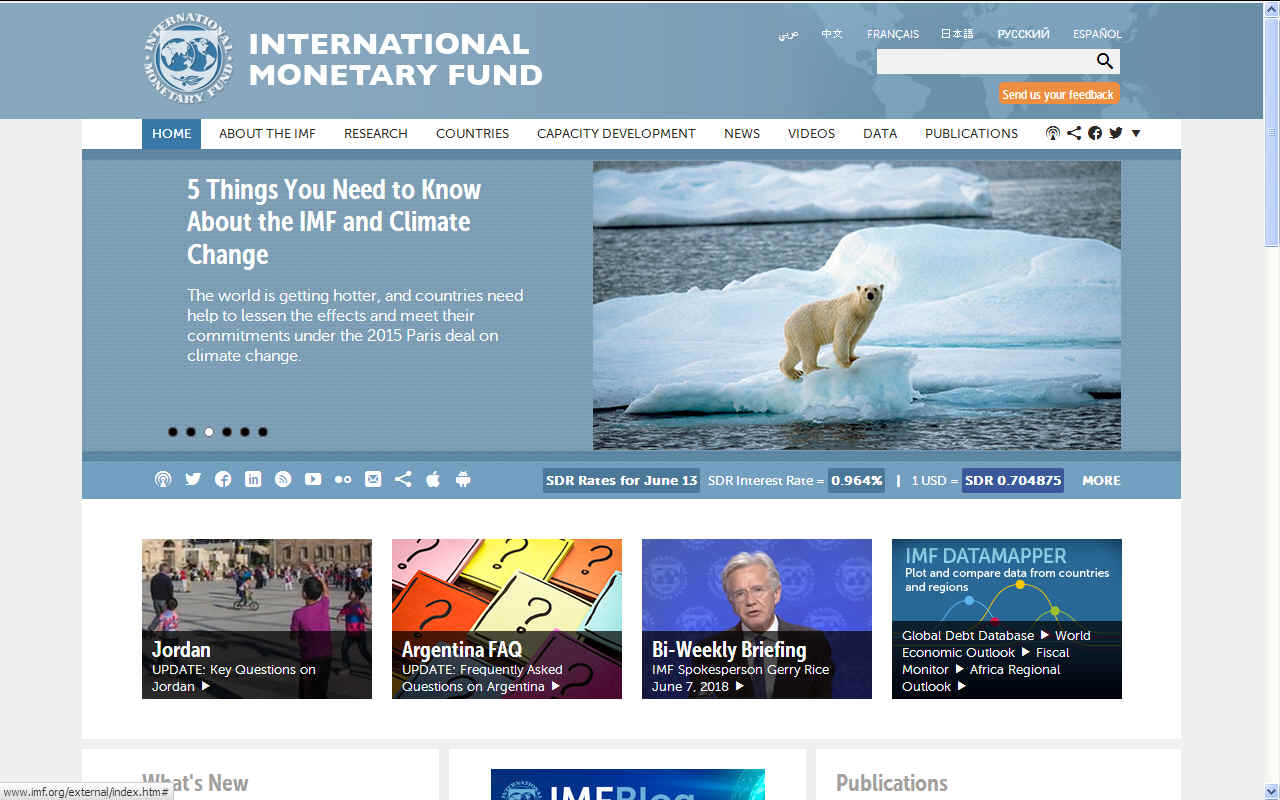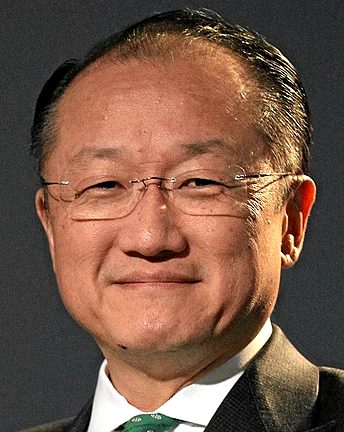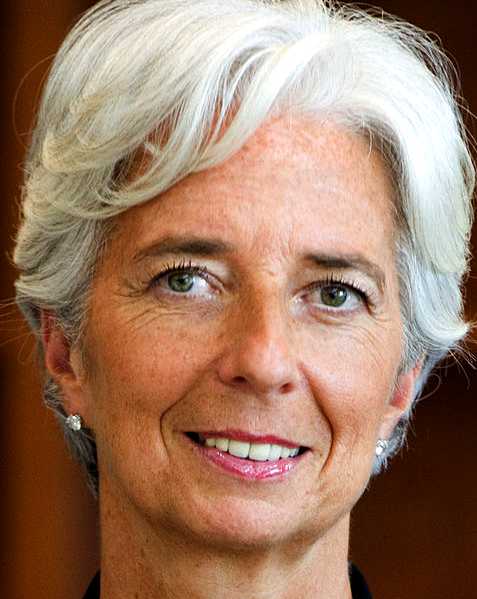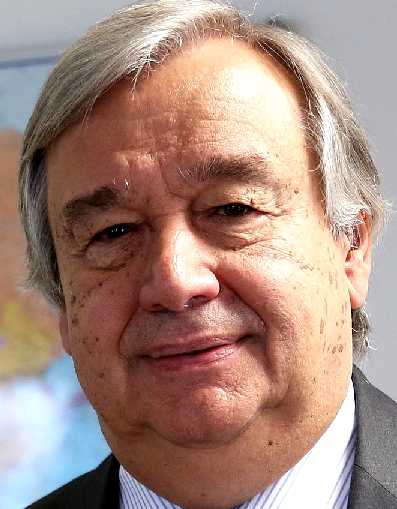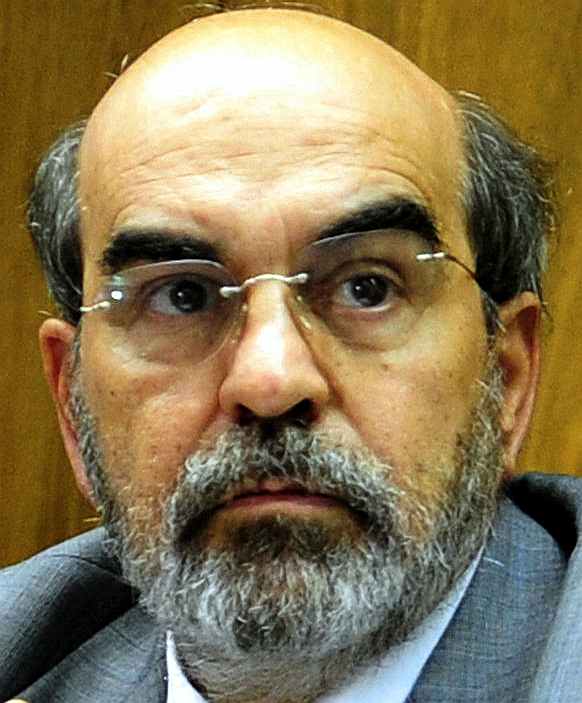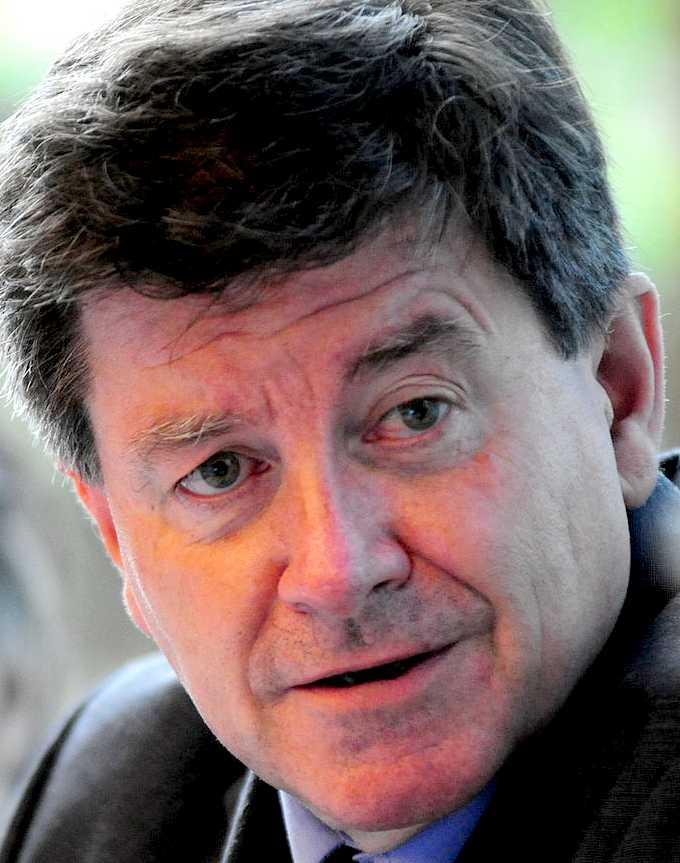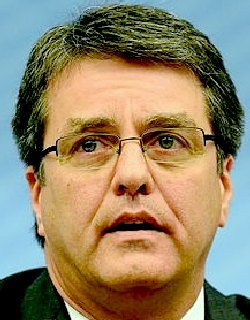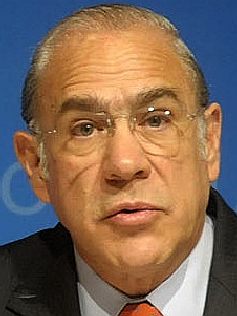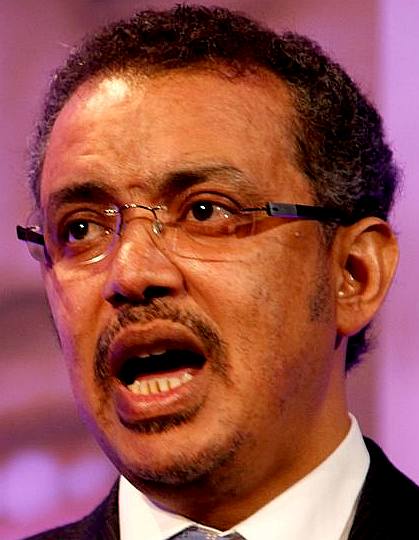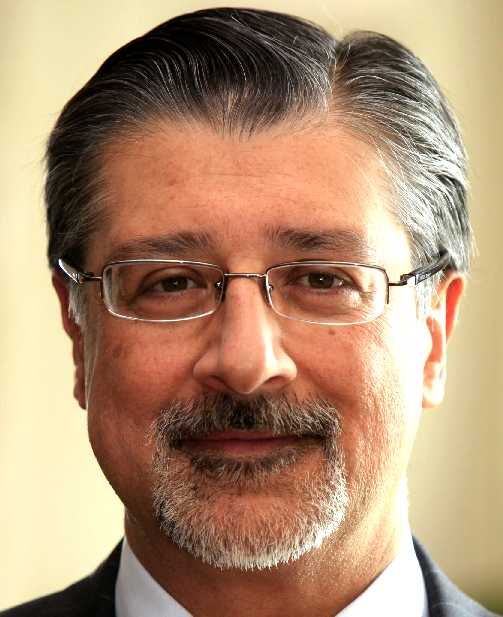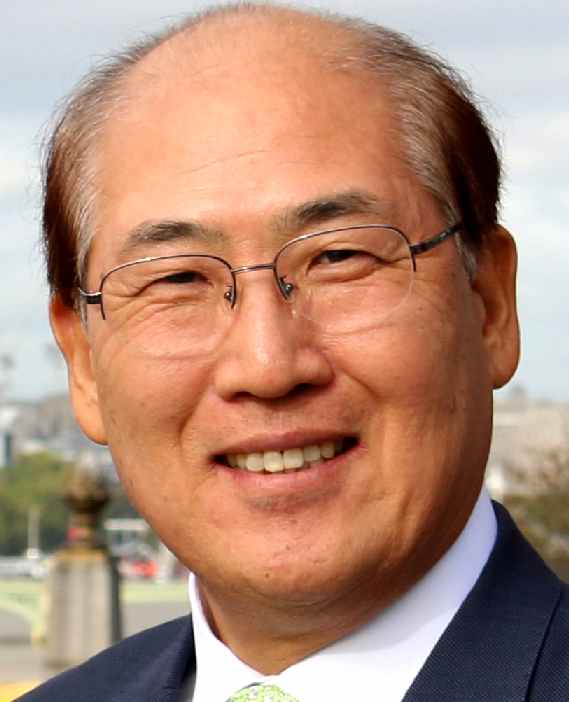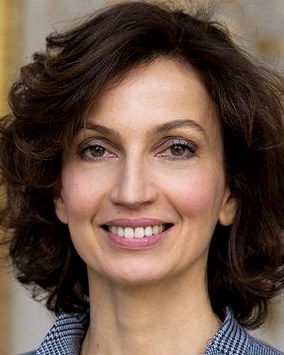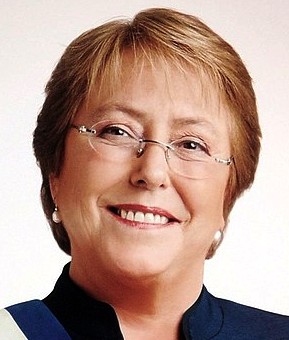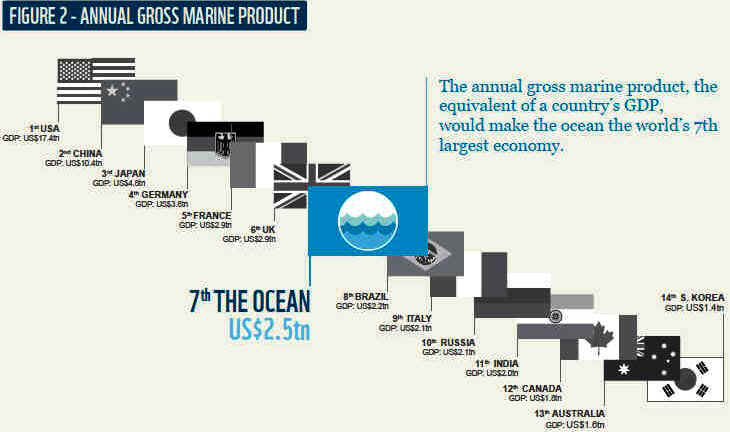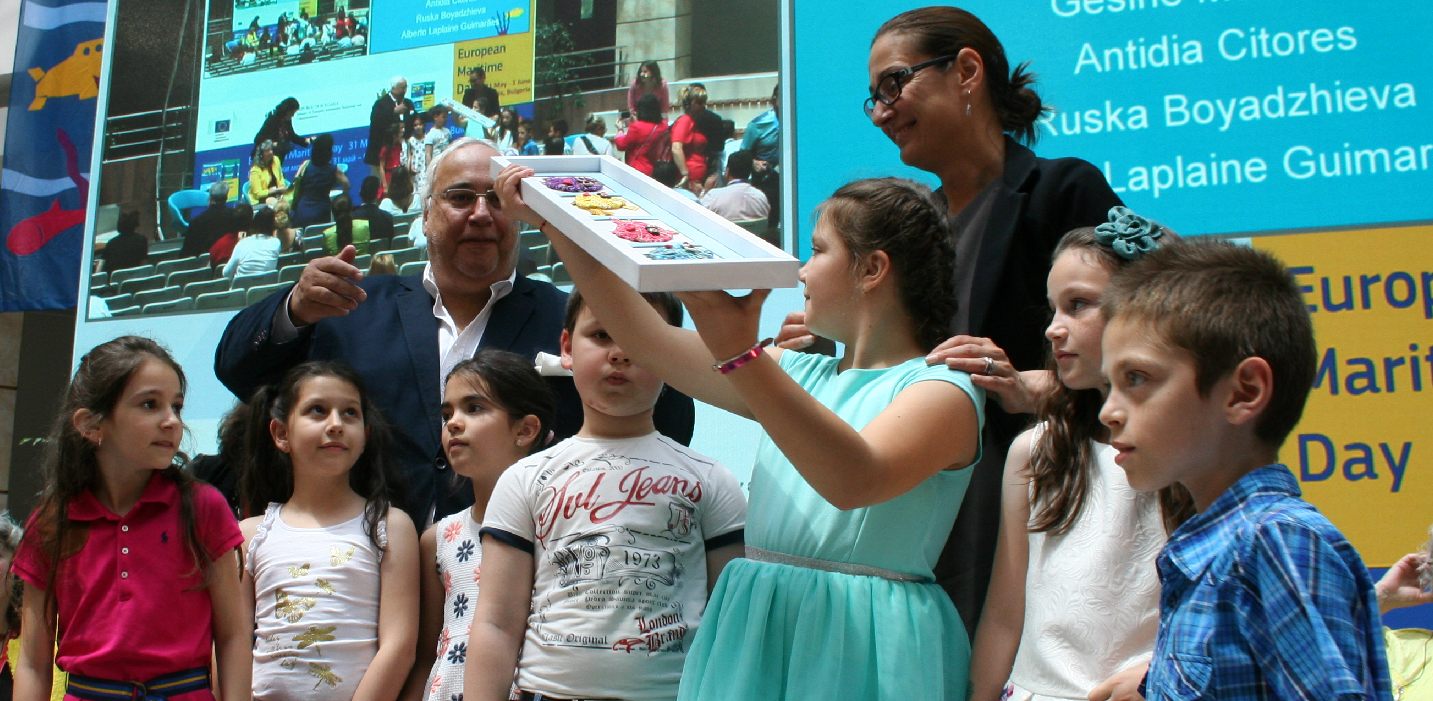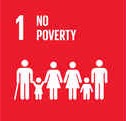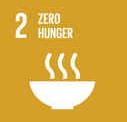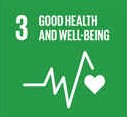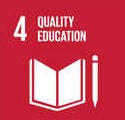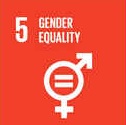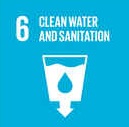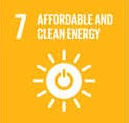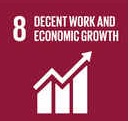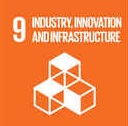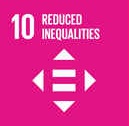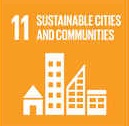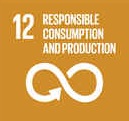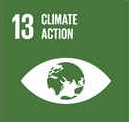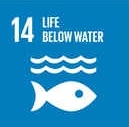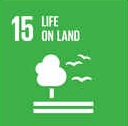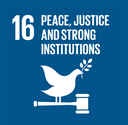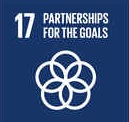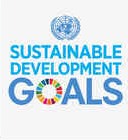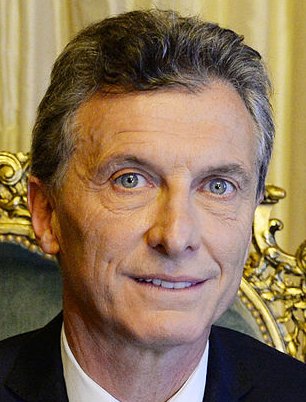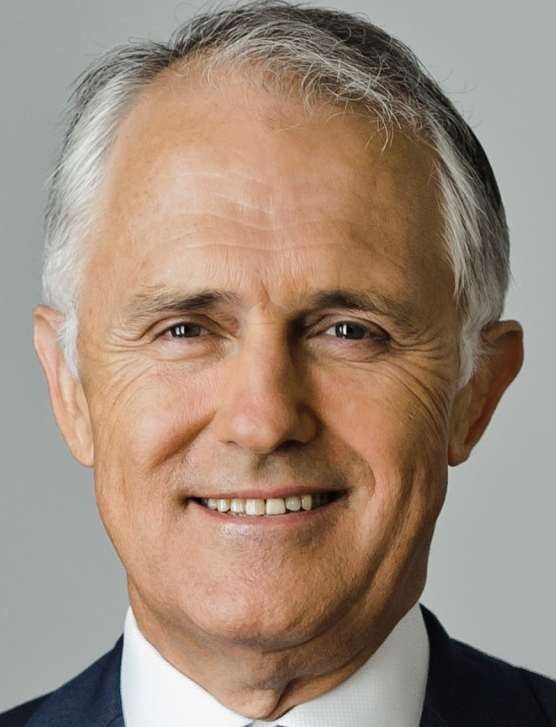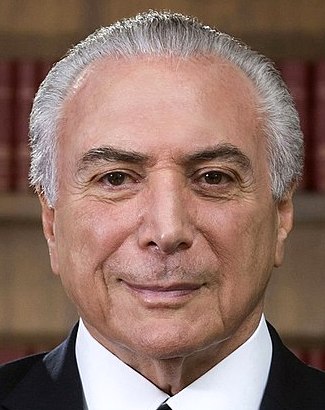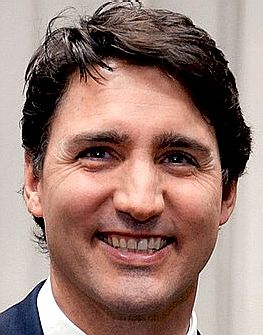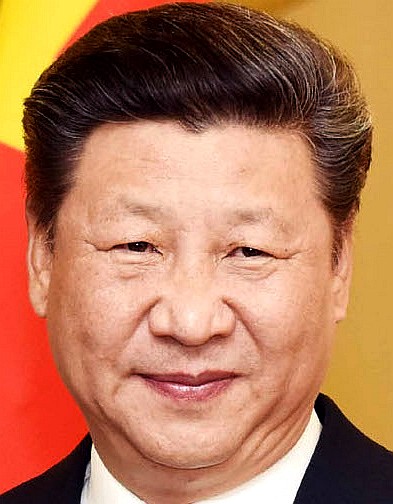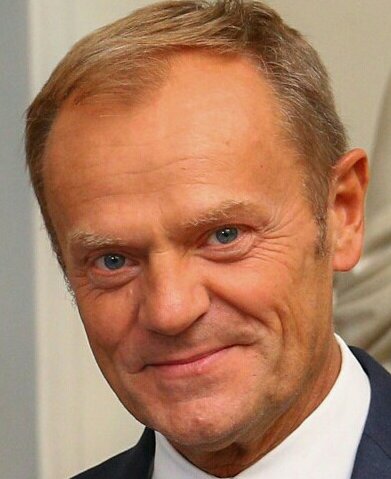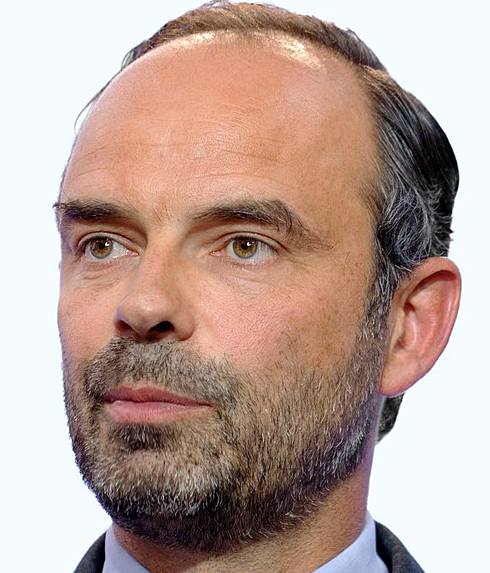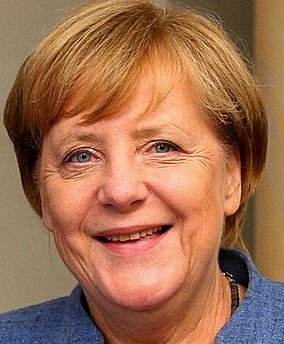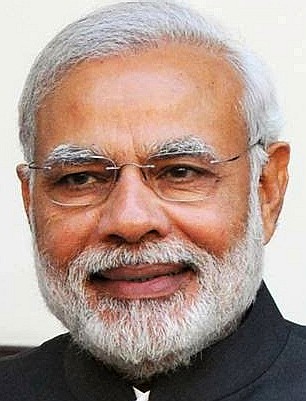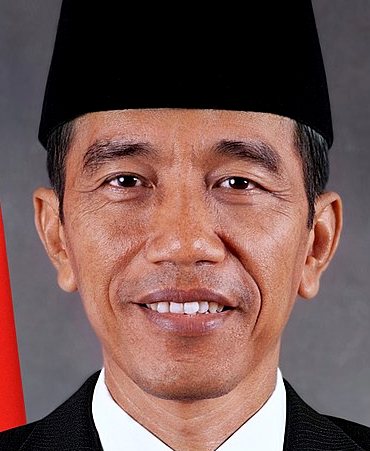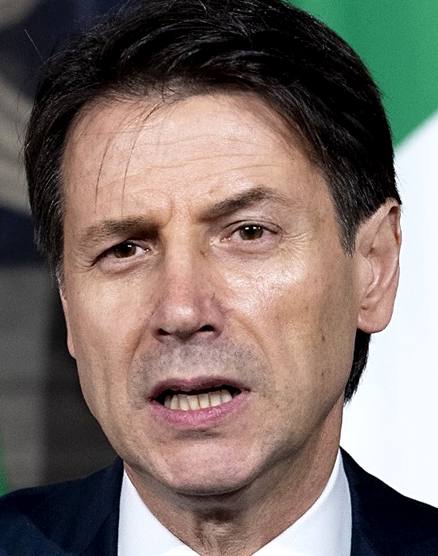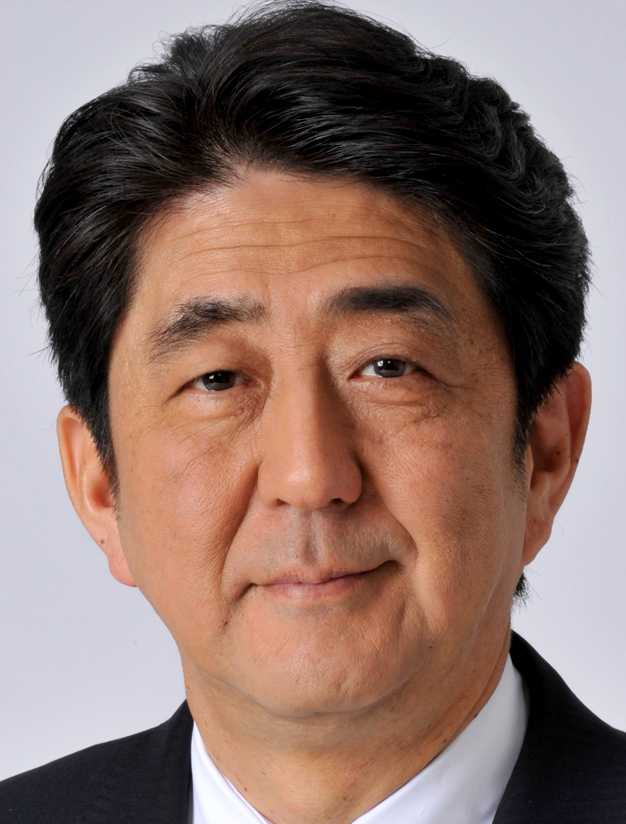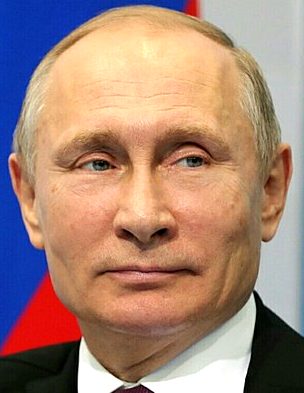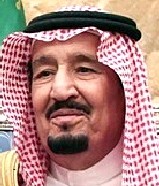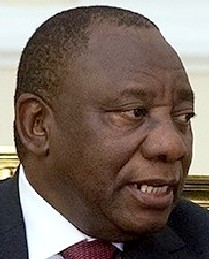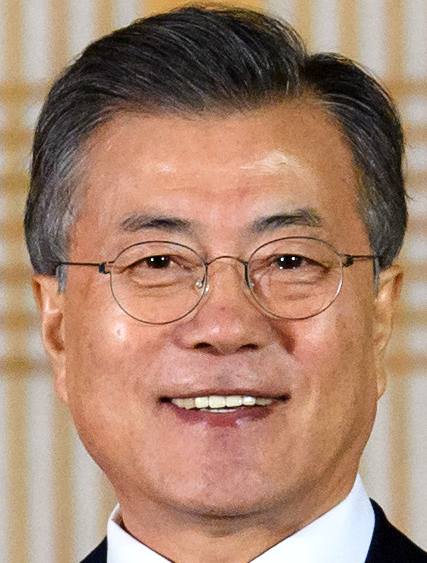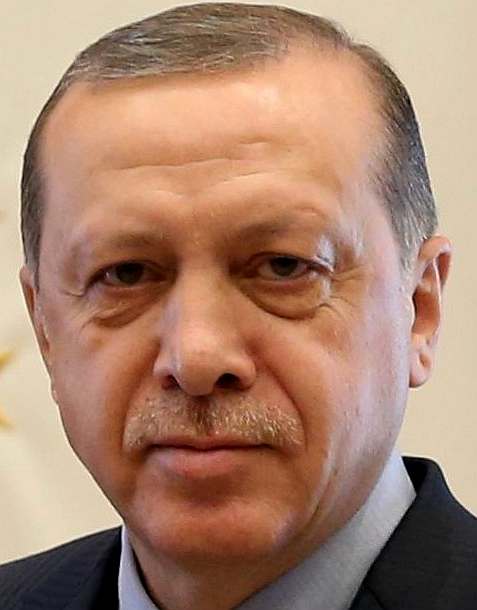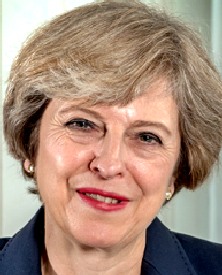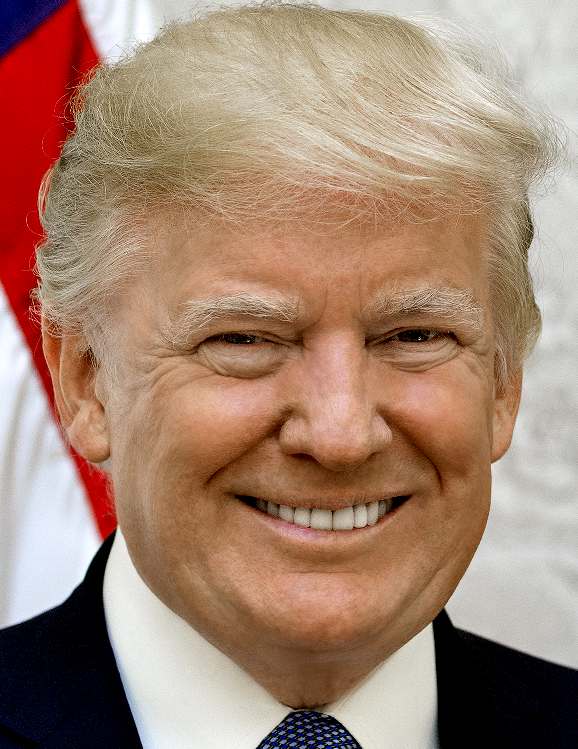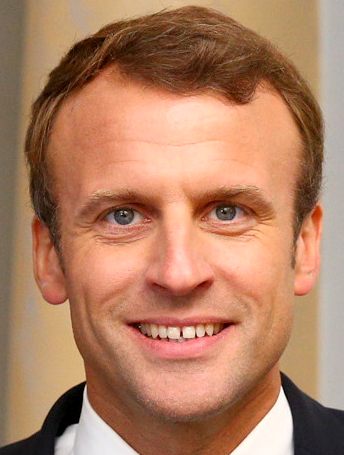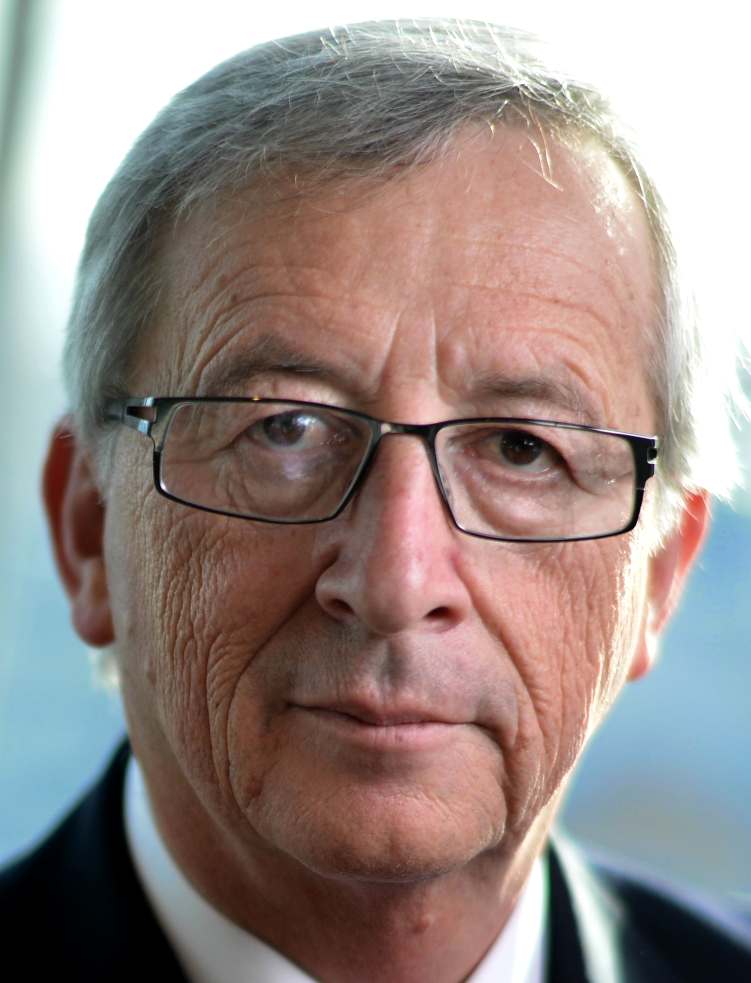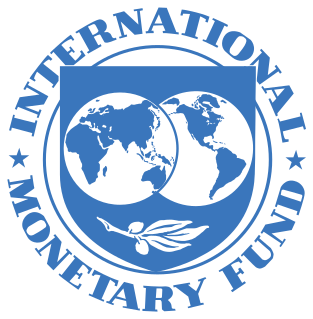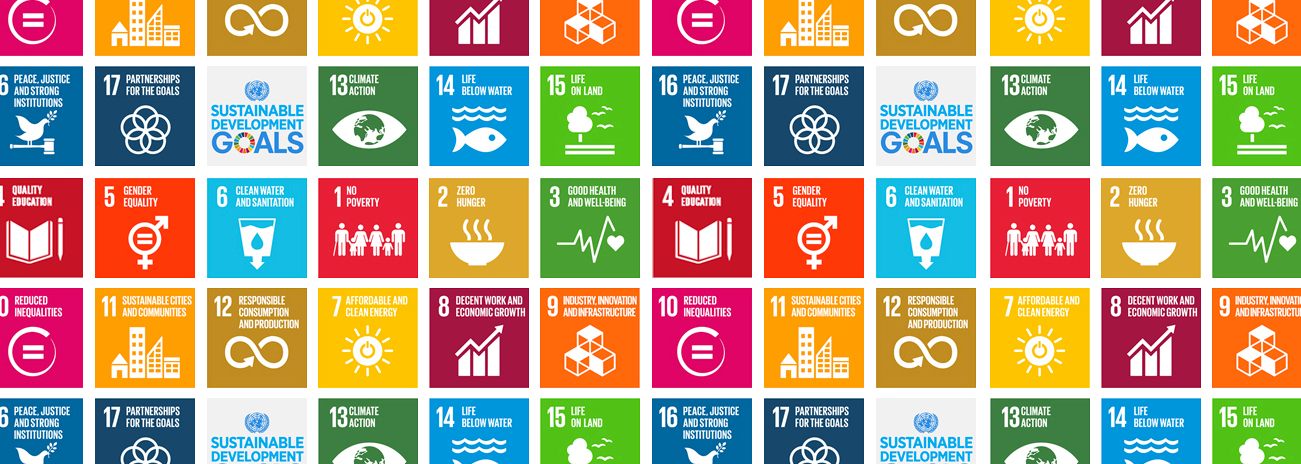|
IMF - INTERNATIONAL MONETARY FUND
CLIMATE | ELECTRICITY | RIGHTS | HYDROGEN | PLASTIC | SPACE | TRANSPORT | NATIONS
Please use our A-Z INDEX to navigate this site, or HOME
|
|||||||||||||||||||||||||||||||||||
ONE WORLD ONE OCEAN - In the role of guardians of your geographical regions, there is also a responsibility to develop the blue economy for the international circular economies that a sustainable society requires if we are not to burn planet earth out.
The International Monetary Fund
(IMF) is an international organization headquartered in Washington, D.C., consisting of "189 countries working to foster global monetary cooperation, secure financial stability, facilitate international trade, promote high employment and sustainable economic growth, and reduce
poverty around the world." Formed in 1945 at the Bretton Woods Conference primarily by the ideas of Harry Dexter White and John Maynard Keynes, it came into formal existence in 1945 with 29 member countries and the goal of reconstructing the international payment system. It now plays a central role in the management of balance of payments difficulties and international financial crises. Countries contribute funds to a pool through a quota system from which countries experiencing balance of payments problems can borrow money. As of 2016, the fund had SDR477
billion (about $666 billion).
INTERNATIONAL ORGANIZATIONS 2018
FOOD SECURITY
ENVIRONMENT
FOR OUR CHILDREN - The children of Burgas present Alberto Laplaine Guimarães with a gift from the Bulgarian City. Sustainable growth and aims for a circular economy are for our children and their children, and their children, and their children - lest we forget why we are working to clean our act up. We should hand the world to our successors in better shape than we found it. Copyright © photograph June 1 2018 Cleaner Ocean Foundation.
There are a number of organizations that exist to promote world peace and societal projects for the good of mankind. These include the United Nations, the World Bank, the International Monetary Fund (IMF) and many smaller concerns that grant aid suitable projects. In addition there are incentives by most countries to promote clean energy and blue growth, all aimed at keeping the status quo. At this time It is unclear from their website what the IMF's stance is on plastic waste economics, though we must assume that the Ocean Economy is in their minds at some level as it affects the GDP of many countries.
OCEAN ACTION PLAN
The World needs an Ocean Action Plan to coordinate the efforts of member nations that in turn will benefit each other as the oceans move from one shoreline to the shores of a neighbor country. To help us develop an international strategy we need to generate sufficient funds to effectively make headway, estimated to be in the region of $10 million dollars to develop a SeaVax prototype. Follow on expenses, or pledges of ongoing support should be included to cover the cost of helping contributing nations to set up fleets of ocean cleaning boats - and running them in a network or pattern that stands the best chance of regenerating our oceans. We anticipate it will take around three years to get things moving.
PROPOSED ACTION PLAN IN BRIEF
An Action Plan will involve coordinated research, communications and operations designed to tackle marine plastic, working with other organizations and academics who are committed to such development, to make people aware of the dangers of plastic pollution and the need to review packaging policies.
An Action Plan will involve:
1. Developing ocean cleaning vessels and a central hub to coordinate plastic recovery missions and recycling.
2. Incorporate an awareness campaign to target young and old, to promote responsible use of plastics.
3. Lobbying Governments and Corporations for a rethink on product packaging design and recycling.
4. Collecting grants, accounting for and end of year reporting on progress to Ocean Alliance members.
5. As appropriate and to be agreed by members, winding down the 'Alliance' and handing operations over to individual nations or other international bodies once the plastic menace is averted.
World Oceans Anti-plastic Alliance (WOAA) Cleaner Ocean Foundation Ltd Solar Studios (Solar House) BN271RF United Kingdom.
Tel/Fax: 0044 1323 831727 Email: growth @ blue-growth . org
THE G20 HEADS OF STATE
LINKS & REFERENCE
http://www.imf.org/external/index.htm
|
|||||||||||||||||||||||||||||||||||
|
This website is provided on a free basis as a public information service. Copyright © Cleaner Oceans Foundation Ltd (COFL) (Company No: 4674774) 2018. Solar Studios, BN271RF, United Kingdom. COFL is a charity without share capital.
|
